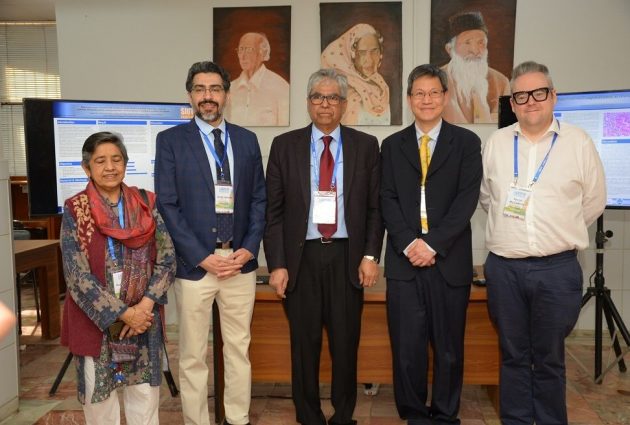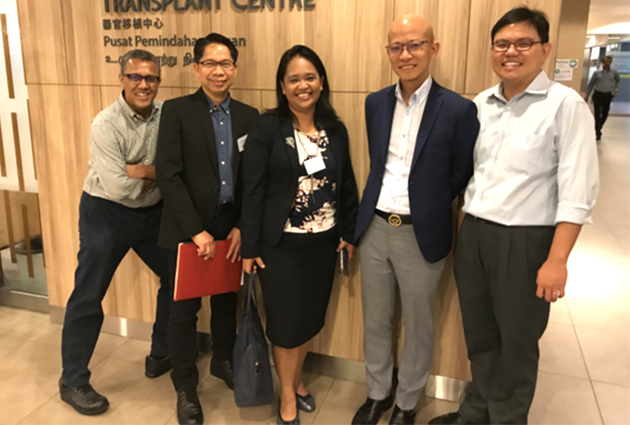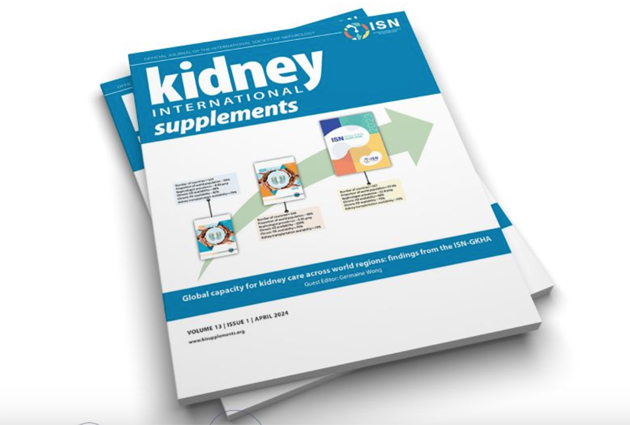First ISN Pioneer Award for East Asia given to Dr. HaiYan Wang
The first ISN Pioneer Award for the East Asia region was presented to Dr. HaiYan Wang on July 27, 2014.
Dr Wang has been Director of the Institute of Nephrology at Peking University since its inception in 1990 through to 2014. She is also the former long-term Co-chair of the ISN East Asia Regional Committee.
The award ceremony was held in front of some 300 colleagues and former trainees of Dr. Wang who had come to Beijing from many parts of China for the ceremony. The presentation preceded the ISN and Sister Renal Center sponsored 2014 International Forum on Renal Pathology and the 9th National Renal Pathology Conference.
Dr. William Couser, Chair of the ISN Programs from 2007-2013 and Chair of the 2013 ISN GO Core Committee, which selected the initial Pioneer Award recipients, presented the award certificate on behalf of ISN. Other speakers included Dr. Yuchen Liu, Dean of Peking University First Hospital, Dr. Xueqing Yu, Director of the Institute of Nephrology at the first affiliated hospital of Sun-Yat Sen University in Guangzhou, ISN Councilor and in-coming president of the Chinese Society of Nephrology, Dr. Ming-Hui Zhao, current director of the Institute of Nephrology at Peking First Hospital and co-chair of the ISN East Asia Regional Committee and several of Dr. Wang’s former trainees.
In his presentation, Dr. Couser emphasized Dr. Wang’s enormous and pioneering contributions to the development of modern nephrology in China including clinical care, research and training programs. Her influence on Chinese nephrology is not only seen in the excellence of her own unit in Beijing but across the region, carried by over 2000 nephrologists who have emerged from the programs she directed to seed multiple renal units throughout China. In her acceptance speech Dr. Wang thanked ISN for the support she has received on multiple occasions throughout her career but gave particular credit to her many talented trainees and colleagues who helped her make her early dreams and goals for Chinese nephrology become realities.












